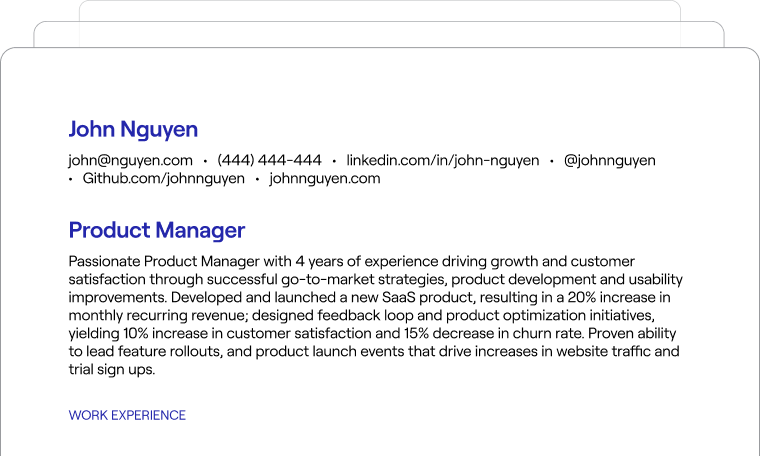Virtual Nurse - Part Time - Days
This job is no longer available
There are still lots of open positions. Let's find the one that's right for you.
About The Position
The practice of nursing requires specialized knowledge, judgment, and skills to provide care to groups and individuals. The RN utilizes knowledge derived from the principles of biological, physical, behavioral, social, and nursing sciences to assess, plan, implement, and evaluate patient care. All care is provided based on the concepts inherent in the model of care for TCH which promotes an ongoing partnership between patients and families and the team of healthcare providers. The care is culturally based and age-specific. The RN adheres to the American Nursing Association (ANA) code of ethics and to the scope of practice described in the Ohio Nurse Practice Act. The Nursing Process involves several key components: Assessment, Diagnosis and Planning, Implementation, and Evaluation. During the assessment phase, the RN demonstrates the nursing skills to complete a holistic assessment of the patient's physical, psychosocial, spiritual, and educational needs. This includes understanding signs and symptoms related to the patient's presenting needs and recognizing and reporting pertinent abnormal data to the physician and charge RN. The RN also assesses safety risks and collaborates with other healthcare team members to communicate relevant data. In the diagnosis and planning phase, the RN utilizes collected data to establish and prioritize a list of actual and potential individualized patient problems and needs. This involves preparing, coordinating, and revising a multidisciplinary plan of care in collaboration with the patient and family, setting measurable goals for each problem, and communicating the plan of care effectively with all team members. Implementation of care is based on assessed needs and standards of care while adhering to hospital policies and procedures. The RN performs and delegates nursing actions, provides ongoing individualized patient and family education, and responds to emergency situations with precision. Continuous evaluation of nursing practice is essential to ensure the effectiveness of interventions and to maintain continuity of care. Documentation is a critical aspect of the nursing process, requiring accurate and timely entries in the patient's electronic medical record. The RN is also expected to demonstrate leadership skills, participate in professional development activities, and comply with organizational policies and training requirements. Attendance and punctuality are emphasized, with adherence to time and attendance policies being crucial for maintaining a good attendance record.
